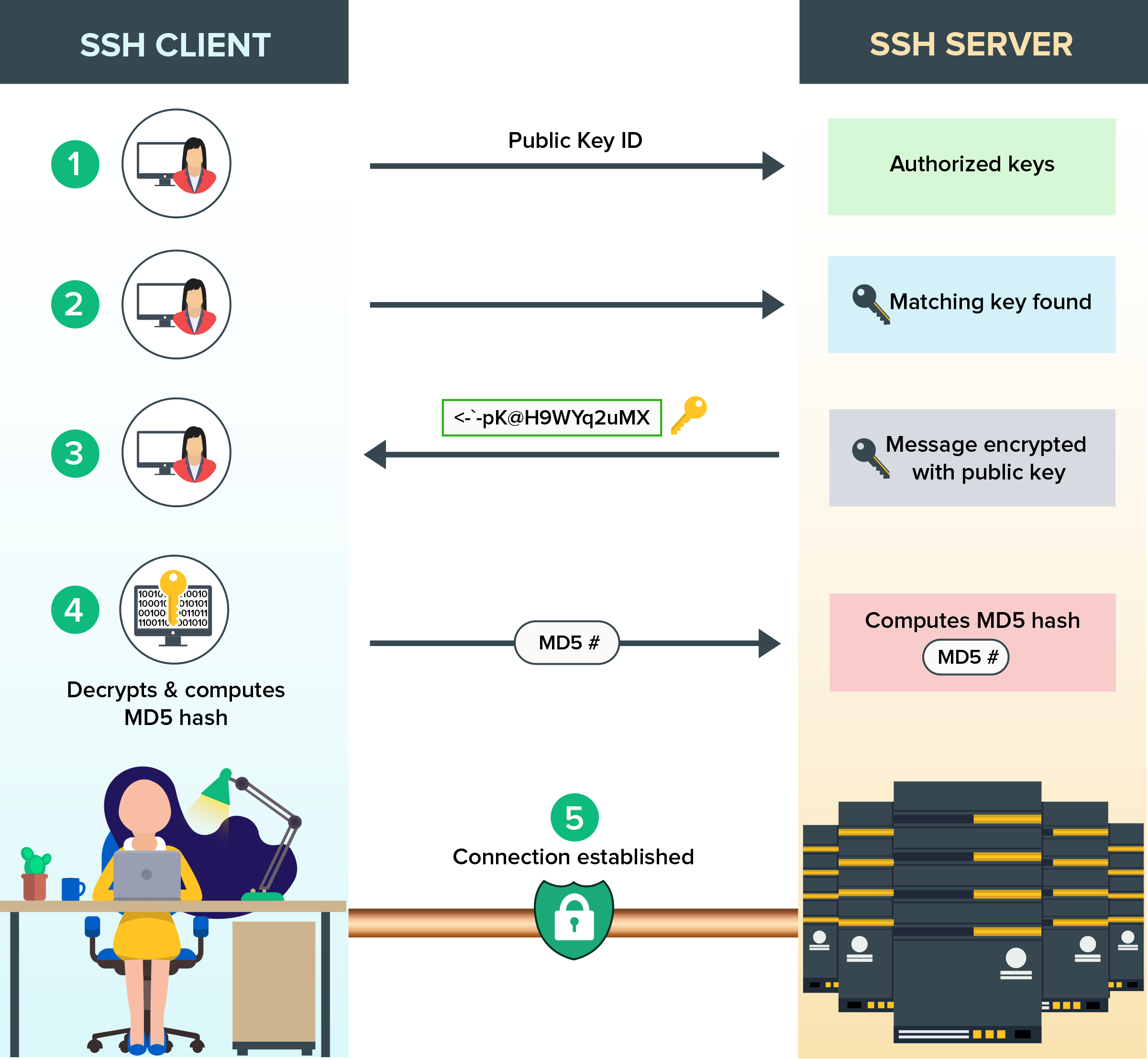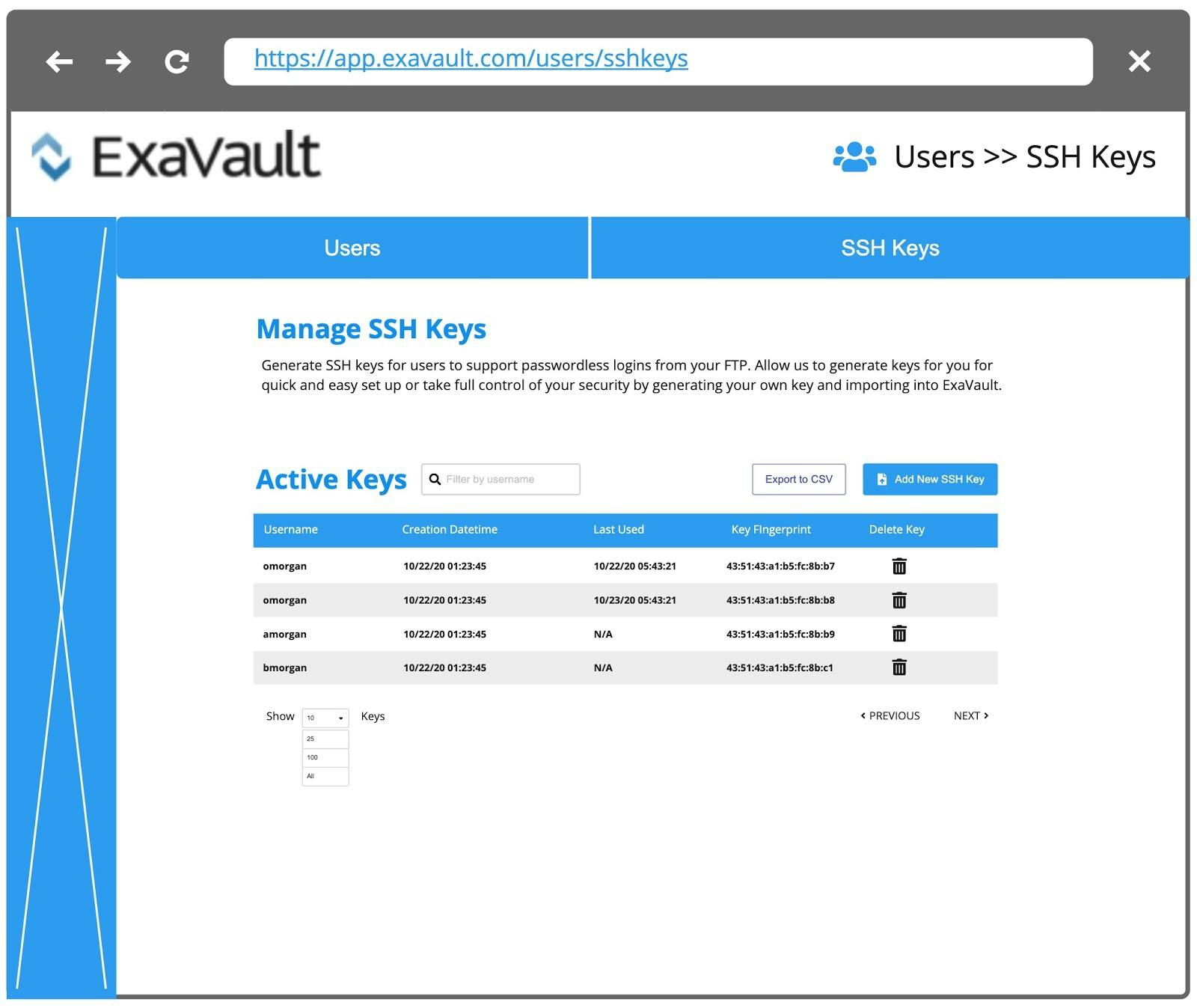Alright, buckle up, folks! If you're diving into the world of remote IoT (Internet of Things) management, there's one thing you absolutely need to wrap your head around: SSH key management. Let's just cut to the chase here, shall we? Proper remoteIoT SSH key management isn't just some fancy buzzword—it’s the backbone of secure communication between devices spread across the globe. Imagine this: your IoT devices are like little soldiers out in the field, and SSH keys are their secret codes to ensure no one's sneaking into their operations. So yeah, it's kind of a big deal.
Now, I know what you're thinking. "Why does this matter to me?" Well, if you're building a smart home system, running a fleet of drones, or even just managing a few remote sensors, you're dealing with IoT. And if you're dealing with IoT, you're dealing with security. Security breaches don’t just happen in movies—they happen in real life, and they can be catastrophic. So, let's get real: understanding and implementing the best practices for remoteIoT SSH key management is your first line of defense against hackers, data breaches, and other digital nightmares.
So, here's the deal: this article isn't just some theoretical discussion. It’s your go-to guide for mastering remoteIoT SSH key management. By the time you finish reading, you'll have the tools and knowledge to secure your IoT empire like a pro. Let's dive in, shall we?
- Explore Indian Web Series Where To Watch Whats Hot Now
- Aagmaalgives Competitors Traffic Insights April 2025 Latest
Before we get into the nitty-gritty, here's a quick roadmap to help you navigate:
- Overview of SSH Key Management
- Why RemoteIoT SSH Key Management Matters
- Best Practices for RemoteIoT SSH Key Management
- Top Tools for Managing SSH Keys
- Enhancing Security with SSH Keys
- Automation in SSH Key Management
- Common Challenges and Solutions
- Scaling SSH Key Management
- Compliance Considerations
- The Future of RemoteIoT SSH Key Management
Overview of SSH Key Management
Let’s start with the basics. SSH, or Secure Shell, is like the Swiss Army knife of remote access tools. It allows you to connect to devices securely, even when they're miles away. But here's the kicker: SSH doesn't just rely on passwords. Instead, it uses something called public-key cryptography. Think of it like a lock and key system. You have a public key, which is like the lock, and a private key, which is like the actual key. When you want to access a device, the public key on the device matches with your private key, and voila! You're in.
Now, managing these keys across multiple devices—especially in an IoT environment—can get messy real quick. That's where remoteIoT SSH key management comes in. It’s all about keeping track of who has access to what, ensuring that keys are rotated regularly, and making sure that if a key gets compromised, you can revoke it without losing your mind.
- Sava Schultz Uncensored Videos Onlyfans Leaks Whats Real
- Hot Indian Web Series Watch Now Stay Updated
Why SSH Keys Are Better Than Passwords
Here’s a quick rundown on why SSH keys are way better than passwords:
- More Secure: SSH keys are way harder to crack than passwords. Think about it: a password is just a string of characters, but a private key is a complex cryptographic key that’s nearly impossible to guess.
- No Brute Force: With SSH keys, brute force attacks become practically useless. Even if someone tries every possible combination, they're not getting in without the private key.
- Convenience: Once set up, SSH keys make logging in a breeze. No more typing in long, complicated passwords every time you want to access a device.
Why RemoteIoT SSH Key Management Matters
Now, let’s talk about why remoteIoT SSH key management is such a big deal. Picture this: you’ve got hundreds, maybe thousands, of IoT devices scattered all over the place. Each one of these devices needs to communicate with your central server or other devices. Without proper SSH key management, you’re opening yourself up to a world of hurt.
First off, there's the security risk. If an attacker gets their hands on one of your SSH keys, they could potentially access any device that key has access to. And in an IoT environment, that could mean a lot of devices. Secondly, there's the issue of scalability. As your network grows, managing keys manually becomes a nightmare. You need a system in place that can handle the load without breaking a sweat.
The Cost of Poor Key Management
Let me paint you a picture. A company neglects their SSH key management, thinking it’s no big deal. Then one day, a hacker gets in, compromises a few keys, and suddenly they have access to the entire network. Data is stolen, devices are compromised, and the company is in hot water. Sound far-fetched? It happens more often than you think. In fact, studies show that poorly managed SSH keys are one of the top causes of security breaches in IoT environments.
Best Practices for RemoteIoT SSH Key Management
Alright, so you’re convinced that remoteIoT SSH key management is important. Now, let’s talk about how to do it right. Here are some best practices that will keep your keys—and your network—safe and secure.
1. Use Strong Keys
First things first: use strong keys. This means using algorithms like RSA with a key size of at least 2048 bits or ECC (Elliptic Curve Cryptography) for even better performance. Strong keys are harder to crack, which means they’re more secure.
2. Limit Access
Not everyone needs access to every device. Use role-based access control (RBAC) to ensure that only the right people have access to the right keys. This reduces the risk of accidental or malicious misuse.
3. Rotate Keys Regularly
Keys should be rotated regularly, just like passwords. This ensures that if a key is compromised, it won’t be useful for long. Set up a schedule for key rotation and stick to it.
4. Audit Regularly
Regular audits are crucial. Check who has access to what, make sure keys are being rotated, and look for any suspicious activity. This helps you catch potential issues before they become real problems.
Top Tools for Managing SSH Keys
Managing SSH keys manually is a recipe for disaster. Luckily, there are some awesome tools out there that can help you manage your keys more effectively.
1. HashiCorp Vault
HashiCorp Vault is a powerful tool for managing secrets, including SSH keys. It provides secure storage, role-based access control, and automatic key rotation. Plus, it integrates with a ton of different systems, making it a great choice for large IoT networks.
2. SSH Key Management by SSH.com
This tool is specifically designed for managing SSH keys. It offers features like automated key discovery, key rotation, and access control. If you’re looking for a tool that’s focused solely on SSH key management, this is a great option.
3. Keycloak
Keycloak is an open-source identity and access management tool that can also be used for SSH key management. It offers features like single sign-on, user management, and access control. While it’s not specifically designed for SSH keys, it’s a versatile tool that can handle a wide range of authentication needs.
Enhancing Security with SSH Keys
SSH keys are a powerful tool for enhancing security, but they’re not a magic bullet. To get the most out of them, you need to implement some additional security measures.
1. Disable Password Authentication
Once you’ve set up SSH keys, disable password authentication altogether. This eliminates the risk of brute force attacks and ensures that only people with the correct key can access your devices.
2. Use Two-Factor Authentication
Two-factor authentication (2FA) adds an extra layer of security by requiring users to provide two forms of identification before gaining access. This could be something like a password and a fingerprint or a key and a one-time code sent to your phone.
3. Monitor for Suspicious Activity
Keep an eye on your network for any suspicious activity. If you notice someone trying to access devices they shouldn’t have access to, investigate immediately. Early detection can prevent a small issue from turning into a major breach.
Automation in SSH Key Management
Automation is your best friend when it comes to remoteIoT SSH key management. Manual processes are slow, error-prone, and just plain frustrating. By automating key management tasks, you can save time, reduce errors, and improve security.
1. Automated Key Discovery
Automated key discovery tools can scan your network and identify all the SSH keys in use. This helps you keep track of what keys are out there and ensures that no keys are forgotten or left unmanaged.
2. Automated Key Rotation
Automating key rotation ensures that keys are updated regularly without requiring manual intervention. This reduces the risk of keys being compromised and makes the whole process a lot easier.
3. Automated Audits
Automated audits can be scheduled to run at regular intervals, checking for any issues or suspicious activity. This helps you stay on top of things and catch potential problems before they become real issues.
Common Challenges and Solutions
Even with the best tools and practices in place, managing SSH keys for remote IoT devices can be challenging. Here are some common challenges and how to overcome them.
1. Key Sprawl
Key sprawl happens when there are too many keys floating around, making it hard to keep track of them all. To combat this, use a centralized key management system and regularly audit your keys to ensure that only the necessary ones are in use.
2. Key Rotation
Rotating keys regularly can be a pain, especially in large networks. Automate the process to make it easier and ensure that it happens on schedule.
3. Compliance
Compliance with security standards can be tricky, especially when dealing with IoT devices. Make sure you’re using tools that comply with relevant standards and regularly audit your processes to ensure compliance.
Scaling SSH Key Management
As your IoT network grows, so does the complexity of managing SSH keys. Scaling your key management system is crucial to ensuring that it can handle the load without breaking down.
1. Use a Scalable Key Management System
Choose a key management system that’s designed to scale. Tools like HashiCorp Vault and SSH Key Management by SSH.com are built to handle large networks and can scale as your needs grow.
2. Automate Where Possible
Automation is key to scaling successfully. Automate as many processes as possible to reduce the burden on your team and ensure that everything runs smoothly.
Compliance Considerations
Compliance with security standards is a must in the world of IoT. Here are some things to keep in mind:
1. Follow Industry Standards
Make sure you’re following relevant industry standards, such as NIST guidelines for SSH key management. This ensures that your practices are up to par and compliant with regulations.
2. Regularly Audit Your Processes
Regular audits are crucial for ensuring compliance. Check your processes regularly to make sure they meet all relevant standards and regulations.
The Future of RemoteIoT SSH Key Management
Looking ahead, the future of remoteIoT SSH key management is bright. Advances in technology are making it easier than ever to manage keys securely and efficiently. Here are a few trends to watch for:
1. Increased Automation
Automation will continue to play a big role in SSH key management. Expect to see more advanced automation tools that can handle even the most complex networks with ease.
2. Improved Security Measures
Security measures will continue to evolve, with new algorithms and protocols making keys even more secure. This will help protect against emerging threats and keep networks safe.
3. Greater Integration
- Steven Assantis Net Worth In 2024 Income Career Secrets
- Aagmaalcom Competitors Traffic Data In April 2025 Insights


